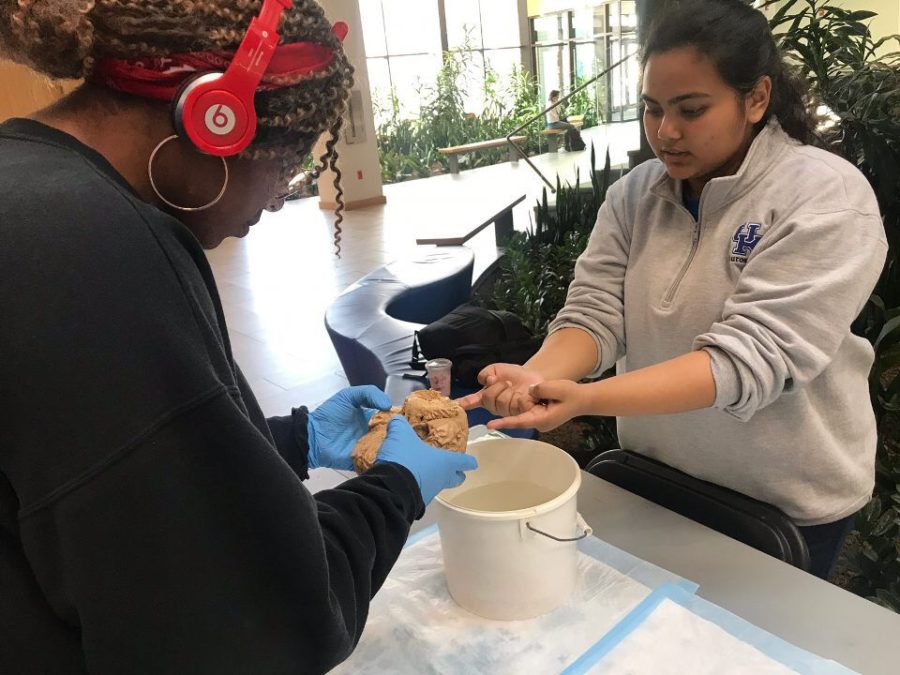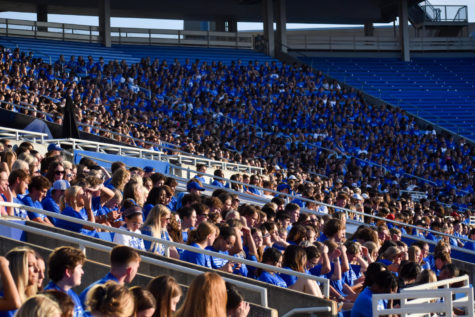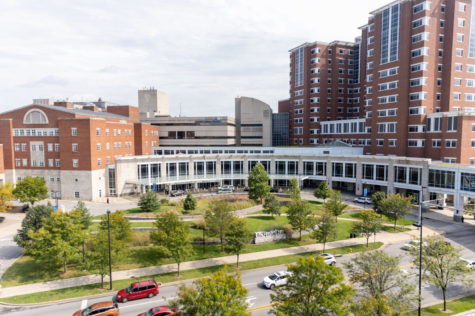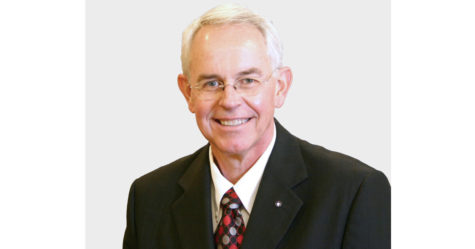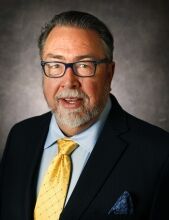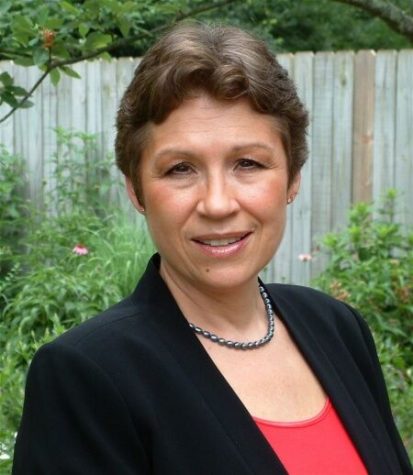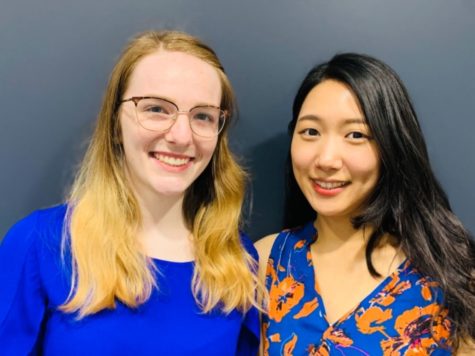Touch a brain and learn about UK’s neuroscience program
April 9, 2019
The Neurology department, NeuroCats and the Nu Rho Psi honors society have all come together to host the University of Kentucky’s first ever Neuroscience Week.
The first event celebrated all things neuroscience in an effort to showcase the major’s brightest students and promote interest in the field. The event held on Monday night in the Jacob Science Building Atrium was filled with all kinds of intriguing neurological based activities that allowed folks attending to see firsthand what the field is all about.
The NeuroCats is an organization for students in the department interested in furthering their education in the field outside of the classroom that has started in the last year or so. Prachi Raichur, a senior neuroscience major and member of NeuroCats, explained the organization’s mission as “promoting neuroscience and the outreach of knowledge of it to the community.”
“We started an after school program in middle schools around Lexington called ‘NeuroKids’ in the last year which has since attracted the attention of over 3,000 students,” Raichur said.
Among the many neurology related activities at the event, none stood out to attendees more than the hands-on activity with an actual preserved human brain. Attendees gathered around neuroscience junior Lydia Boyd as she presented those gathered around with the brain. She explained that it belonged to a patient who had died due to a brain clot, and then pointed out the area of the brain affected by the clot.
Attendees then put on gloves and proceeded to pass around and examine the cold and smoothly textured brain.
Across the atrium from the NeuroCats was the Nu Rho Psi honor society’s table, represented by students Robby Larson and Jasmine Luong. Luong explained the mission of the newly formed society as being “an outlet to promote and highlight outstanding neurological achievement.”
“The organization allows achieving neuroscience students to collaborate and work together,” Larson said.
As well as providing attendees with a host of (pun intended) brainy activities, the event also provided literature for those interested in the respective organizations and free pizza. The event was a celebration and showcase of UK’s neurology department.









































































































































